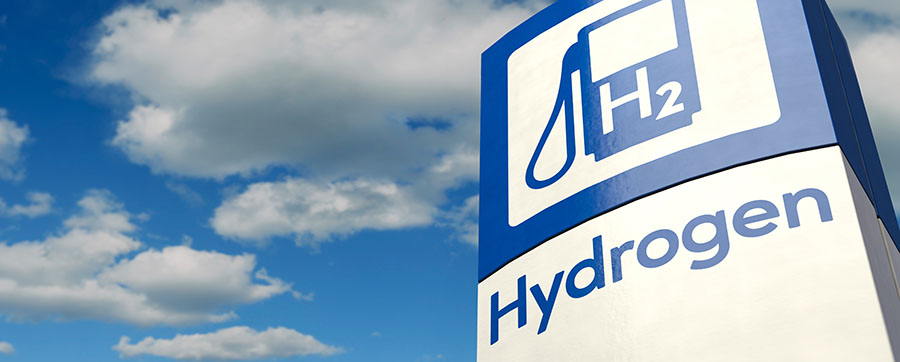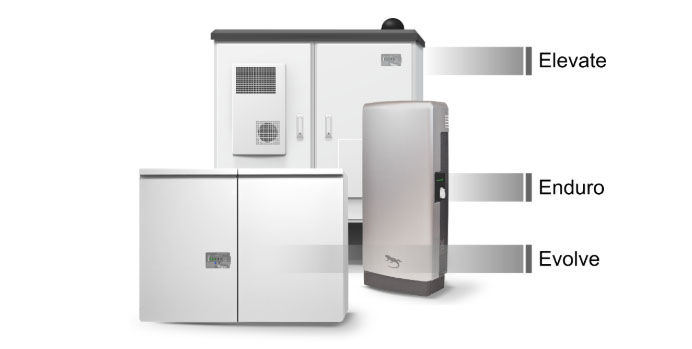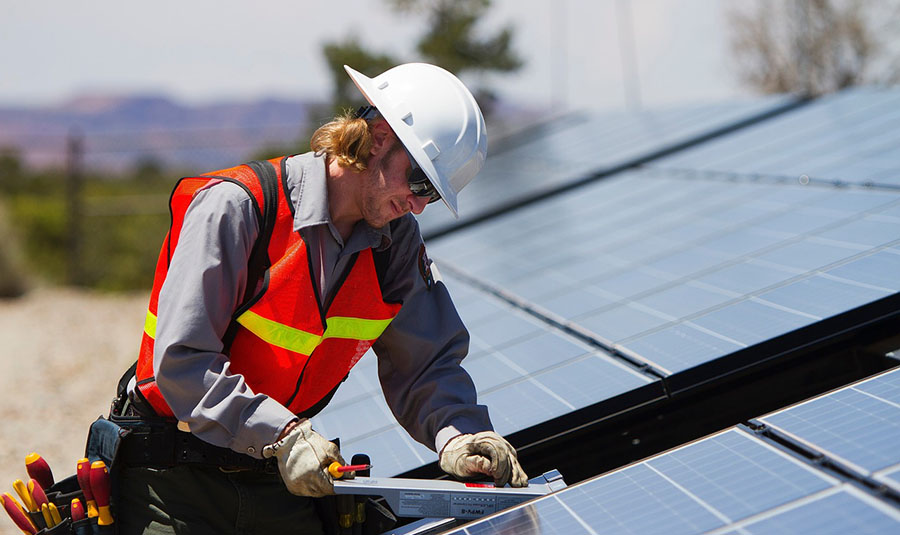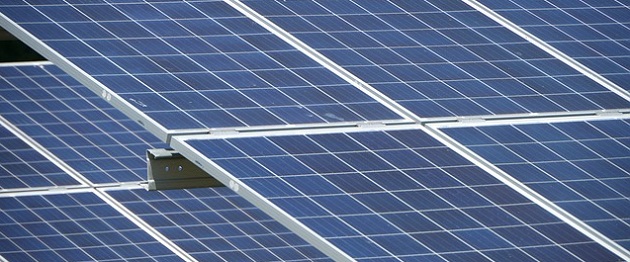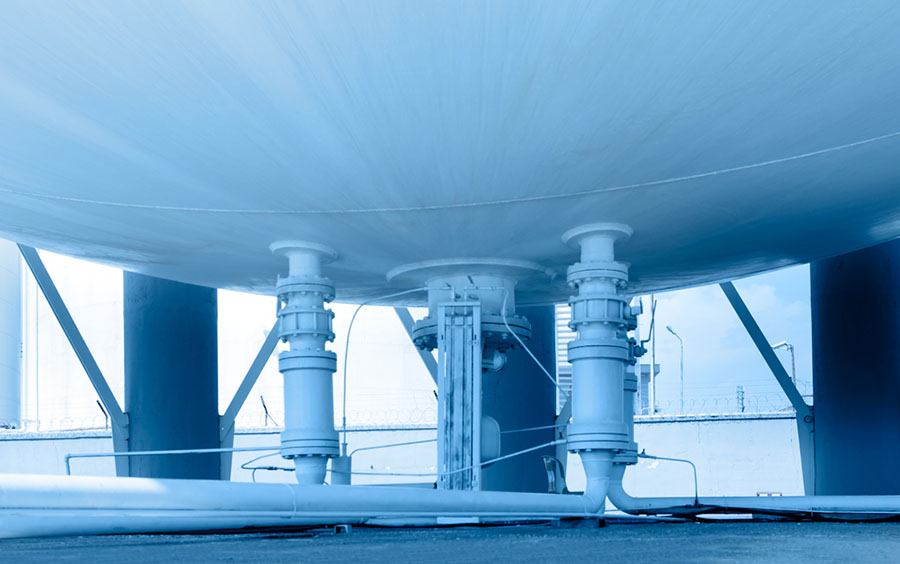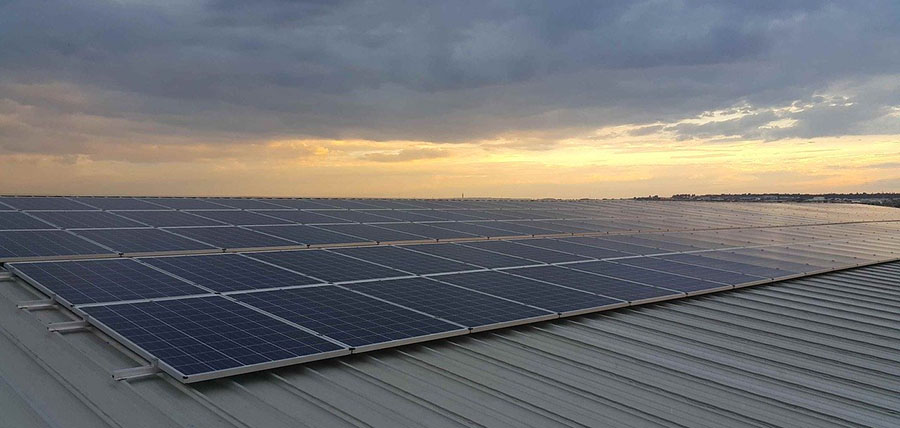Those who defend the expansion of alternative sources often assume that these sources will help usher in a new era of efficiency.
With this defense come the prospects of an enhanced interest for investors: the companies providing services and products that embrace energy efficiency.
However, recent events in Europe could mean that it's time to rethink those assumptions…
Until recently, any conversation on the matter sounded more like another pitch for energy conservation, often regarded as a thinly veiled initiative to reduce standards of living or limit economic development.
However, the introduction of smart-grid approaches and residential tax credits to improve everything—from windows and insulation, to water heaters and appliances—are a new departure in the longer-running debate.
Today, there are the prospects of genuine energy savings that do not require downsizing or diminished expectations.
And they have shifted the conversation.
However, efficiency says nothing about the 800-pound gorilla in the room…
Growing Concerns about affordable Energy
The big story moving forward is the challenge to source affordable energy, especially crude oil.
Yes, a transition to non-fossil fuels (or at least a move from oil to natural gas) would improve environmental prospects and may help markets like the U.S. become less reliant on imports.
But such moves have large price tags.
That remains the case, even if the energy:
- is available in quantity;
- can avoid having to establish entirely new transmission and distribution systems; and
- would not have significant application problems.
What efficiency can do is streamline the present and future utilization of energy.
We have advances in heating and cooling systems for commercial buildings, hybrid cars that shut down fuel usage while idling, quicker ways to heat water, and coordinated lighting systems to prevent electricity waste.
But the real savings have come in the retail-housing sector.
For several years, we've seen an increase in incentives for homeowners to embrace energy efficiency. Tax credits and rebates are available for anything from ENERGY STAR refrigerators to the installation of solar panels.
To alleviate higher upfront costs for these products, consumers now expect active or passive grants from government.
This behavior is best exhibited in Europe.
European Union (EU) countries have embraced the public subsidy approach.
That is the only reason, for example, that the EU leads in the usage of wind power or the extension of solar power. In fact, when it comes to northern Europe, government support is the sole reason solar was even introduced.
It is hardly an example of the efficient application of renewable power otherwise.
On the other hand, the current budgetary problems on the Continent—resulting from a dive in the euro, an ongoing sovereign and bank debt crisis, a recession already there in everything but name, and political hesitation over the future of the alliance—are prompting a reexamination.
Take Germany, For Instance
A leader in the public sector stimulus for both renewable energy sourcing and efficiency, Germany has already decided to close down its nuclear reactors while continuing to debate the merits of expanding its domestic unconventional shale gas production.
That would seem to make new drives for efficiency even more necessary. Given the track record, one would also expect government grants to be highlighted in the push. After all, that has been how the German government has approached energy in the past.
Well, not so fast.
Tackling the issue of residential household efficiency, the legislature has run smack up against a new European reality—the budget.
A mediation committee, made up of representatives of both the Bundestag (lower house) and Bundesrat (upper house) of the German parliament, has failed in its second attempt agreed over introducing fiscal incentives aimed at promoting energy efficiency improvements in the home.
The ruling coalition's energy policy targets a now essential rapid shift in energy policy away from nuclear power to renewable energy sources. That was agreed to by the cabinet in June. The government then drafted a bill to achieve it.
The bill enables an introduction of tax breaks for households that decide to carry out energy efficiency improvements, provided that the improvements significantly reduce the energy demands of the building.
The initiative also applies only to structure built before 1995—the year new building requirements, including energy efficiency standards, were introduced. The vast majority of German homes would qualify for these new tax advantages.
Under the terms of the bill, property owners would be able to deduct, from taxes, 10% of all home improvement costs annually, for a period of up to 10 years. Defending the bill at the time it was introduced, the government emphasized it would help the country reduce greenhouse gas emissions some 40% by 2020 and at least 80% by 2050.
By 2050, the current German energy policy intends to reduce primary national energy needs by 50%.
The government also has estimated that this would cost about 1.5 billion euros ($1.9 billion).
And that is the problem.
Political Consequences
Although the bill was adopted by the Bundestag, it was subsequently rejected by the Bundesrat in July.
The upper house represents the federal states in Germany, and it argued that the measures would simply lead to a significant shortfall in revenues for both the states and communities, due to bear the brunt of the losses.
The Bundesrat also complained that the measure in its current form would benefit wealthy individuals in Germany, subject to a high rate of tax, and demanded clarification as regards the issue of whether or not tenants renting properties would also benefit from the tax incentive.
The concern now expressed among proponents of the approach is that, without a legislative consensus, there will be reluctance among individuals to invest with a corresponding (and diametrically moving) counter to the climate protection objectives of the government.
Supporters of the measure recognize all too clearly that tax incentives form the essential foundation for any plans seeking to reduce carbon dioxide emissions in the energy market and to increase energy-saving potential in buildings.
The latest German move forward on cleaner energy (and reductions on the use of it) seems to have run afoul of the aftermath of the last one.
By deciding to turn its back on nuclear energy, the government has also cut a significant tax source for regional and local governments; the same public agencies now asked to cut budgets even more with the current energy-efficiency plan.
The new realities of European finance have come home to challenge the government's leadership in energy change.
Apparently there are budgetary limits to public sector largesse after all.
Given the impasse, the legislative mediation committee has postponed talks until early next year. Don't expect any new developments in the German market for companies emphasizing energy efficiency until this issue is resolved.
Sincerely,
Kent
Kent Moors, Money Morning


